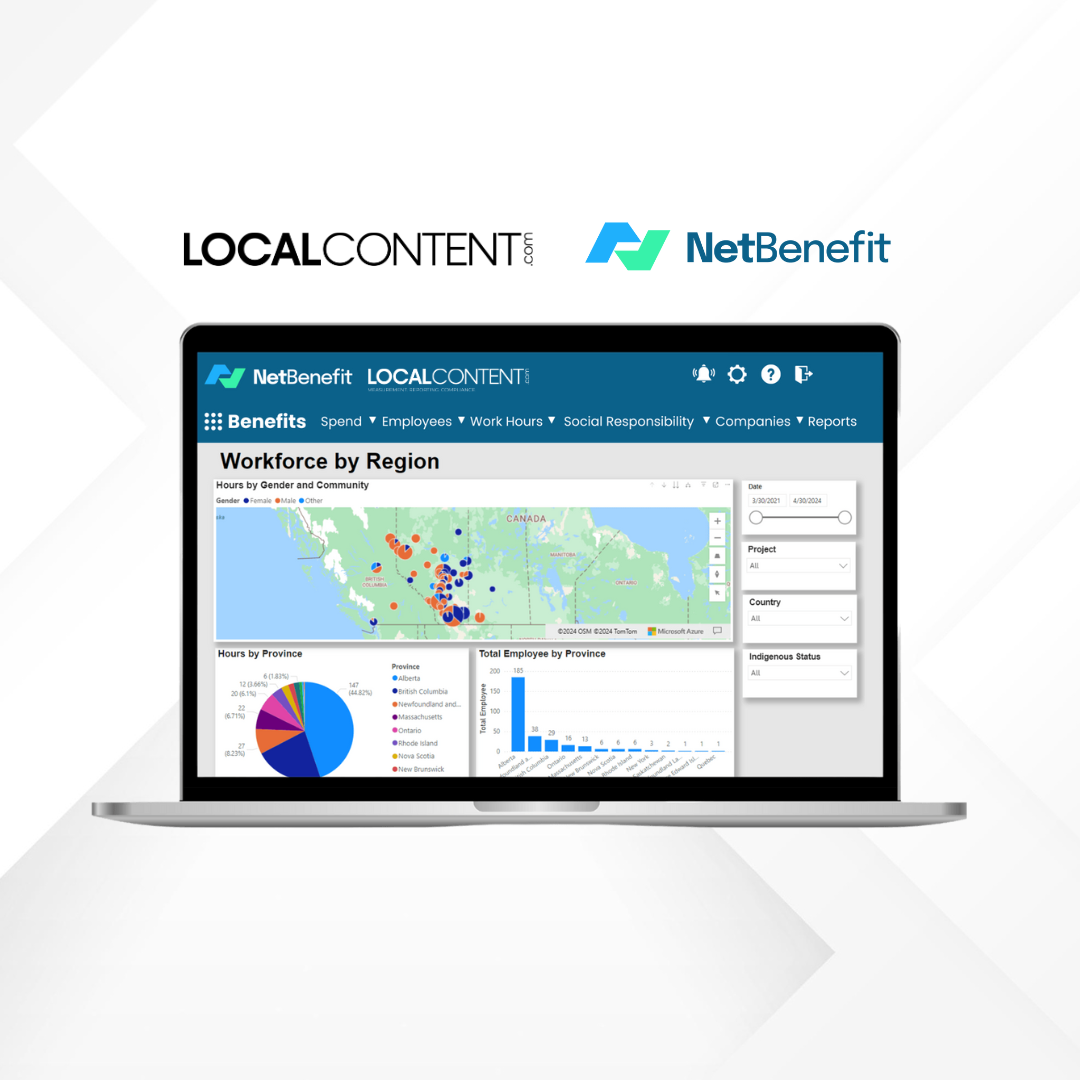(Denver, CO) The Polis Administration released the Colorado Microgrid Roadmap, which outlines opportunities to improve power grid resilience in Colorado through innovative microgrid solutions. Microgrids are local energy systems that can operate independently from the main power grid, keeping Colorado homes, businesses, and essential local services such as hospitals connected to electricity during larger power grid outages.
With wildfires and extreme weather causing more frequent and longer power outages in Colorado communities, the Colorado Legislature passed and Governor Polis signed bipartisan legislation directing the Colorado Energy Office (CEO) and the Department of Local Affairs’ (DOLA) Colorado Resiliency Office to explore the uses, benefits, challenges, and policy recommendations for microgrids to increase grid resilience and reliability. The Polis administration used a portion of its federal Grid Resilience Formula Funding from President Biden’s landmark Bipartisan Infrastructure law to support the roadmap development.
The Microgrid Roadmap defines and evaluates different types of microgrids, develops criteria to identify priority projects, and recommends key policies to facilitate microgrid deployment in Colorado. It also includes strategies for addressing costs, interconnection standards, and legal considerations, which are among the main challenges for microgrid implementation in the state
The Microgrid Roadmap recommends prioritizing microgrid projects in communities that are most vulnerable to power outages and have higher social and climate risk factors. The State developed a community-informed critical infrastructure and facility prioritization process as part of the Roadmap to help identify key areas and critical facilities and prioritize resources to meet local needs.
Microgrids exchange power with a traditional utility grid, while also receiving power from local electricity sources, including clean energy like wind, solar, and geothermal, fossil fuel generation, and batteries. Beyond grid resilience benefits, local adoption of clean energy and battery storage systems as part of microgrid projects reduces greenhouse gas emissions from the electricity sector by increasing clean electricity generation and decreasing demand on utility power grids.
In addition to this Roadmap, the State offers grant funding to utilities, local communities, and community anchor institutions to support grid resilience and reliability projects. Using state and federal grid resilience funding, DOLA offers the Microgrids for Community Resilience Grant program to support microgrid planning and implementation. To date, DOLA has funded 25 planning and construction projects, totaling ~$17.7 million (including local match) to ensure local energy resilience.
The Colorado Energy Office also offers federally funded grid monitoring and grid hardening grant programs to help eligible utilities prevent fires and protect the grid from wildfires and extreme weather.










